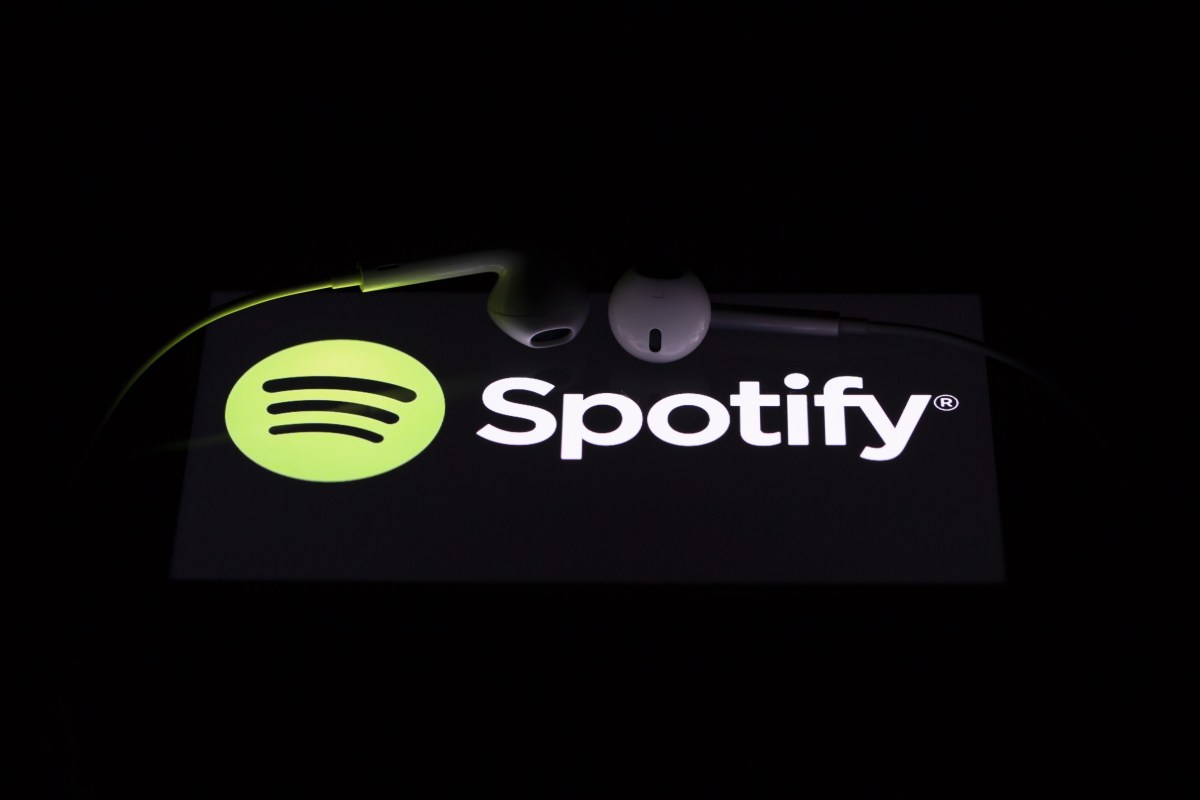It’s Friday (or should I say, Fri-yay.) You’ve made it. Give yourself a pat on the back — and then go read the rest of this issue of Week in Review, TechCrunch’s newsletter summing up the past seven days in tech (sign up here to get it directly in your inbox every Saturday). I’ll continue to be your WiR emcee for the next few weeks until Greg returns from parental leave. Goodness knows I lack his wit, but I’ll try to make up for it in pith. Go easy on me, please.
First things first, I’m contractually obligated (not really… but maybe actually?) to highlight TechCrunch’s upcoming events this calendar year.
TechCrunch Live is making a special (virtual) trip to Boston on February 27 for City Spotlight: Boston, and it’ll be completely free. That’s right — free! No excuses for skipping out on this one. Beyond City Spotlight, TC will be back in Boston in April for Early Stage, which will feature expert-led sessions about growing an — you guessed it — early-stage company. Last but not least, mark your calendar for TechCrunch Disrupt 2023, which takes place in San Francisco from September 19–21. It’ll be one to remember.
With the PSAs out of the way, let’s get on with the roundup:
most read
Erase your mistakes: One of Google Pixel’s best photo-editing features, “Magic Eraser,” is now making its way to other Android and iOS devices. But it won’t be free. This week, Google announced that the popular tool, which uses AI to remove unwanted content from images, will become available to Google One subscribers and to existing Pixel owners. Google One subscribers will receive a small handful of other editing tools as well, like a new HDR video effect, exclusive collage Styles and more.
Facebook jail: Sarah reports that Meta will be reforming its penalty system based on the recommendations from the Oversight Board, the independent body of experts, academics, civic leaders and lawyers who now weigh in on appeals decisions made by Meta. The social network says it will reform its system to focus less on penalizing users by restricting their ability to post and more on explaining the reasoning behind its content removals, which it believes will be a fairer and more effective means of moderating content on its platform.
TikTok in cars: TikTok is making its way into vehicles, starting with the new Mercedes-Benz E-Class that’s coming to market in fall 2023. The car’s newly updated MBUX infotainment system, which will feature a “superscreen” that spans the entire dashboard, will allow drivers to click on the TikTok app and watch videos when the vehicle is parked. How’s that for TikTok overload?
AI in my Spotify: Spotify this week launched a new AI feature called “DJ” to better personalize the music-listening experience for its users. Similar to a radio DJ, Spotify’s DJ feature will deliver a curated selection of music alongside AI-powered spoken commentary about the tracks and artists you like, using what Spotify says is a “stunningly realistic voice.” Neat!
Price drop: Netflix decreased its subscription costs in more than 100 territories over the past week as customers continue to contemplate which streaming services to keep amid price hikes. The company has been under fire lately after rolling out password-sharing rules to Canada, New Zealand, Portugal and Spain, but another potential reason for the price decrease is to fare better against competition such as Paramount+, Apple TV+, Disney+ and Hulu.
Military secrets: On Monday, the U.S. Department of Defense secured an exposed server that had been spilling internal U.S. military emails to the open internet for the past two weeks. The server was hosted on Microsoft’s Azure government cloud for Department of Defense customers, which uses servers that are physically separated from other commercial customers and as such can be used to share sensitive but unclassified government data.
Compute by OpenAI: OpenAI is quietly launching a new developer platform that lets customers run the company’s newer machine learning models, like GPT-3.5, on dedicated capacity. In screenshots of documentation published to Twitter by users with early access, OpenAI describes the forthcoming offering, called Foundry, as “designed for cutting-edge customers running larger workloads.”
YouTube goes multilingual: YouTube announced this week that it’s rolling out support for multilanguage audio tracks, which will allow creators to add dubbing to their new and existing videos, helping them to reach an international audience. The company says the technology to support multilanguage audio tracks was built in-house at YouTube, but creators will need to partner directly with third-party dubbing providers to create their audio tracks.
audio
Here’s your weekly reminder that TechCrunch has a diverse array of podcasts for your listening pleasure. This week on The TechCrunch Podcast, Haje stepped in for Darrell to talk with Taylor about the Supreme Court cases that could change the internet as we know it. On Chain Reaction, Jacquelyn interviewed Alex Adelman, the co-founder and CEO of Lolli, a bitcoin rewards app that lets people earn bitcoin or cash back when they shop online or in person at over 10,000 stores. The Found crew spoke with Michael Chime, the co-founder and CEO of Prepared, which is leading the charge to modernize 911 calls by providing access to video and photos. And over at Equity, the gang covered trends such as the possible return of IPOs and accelerators that back the startups of laid-off tech workers.
